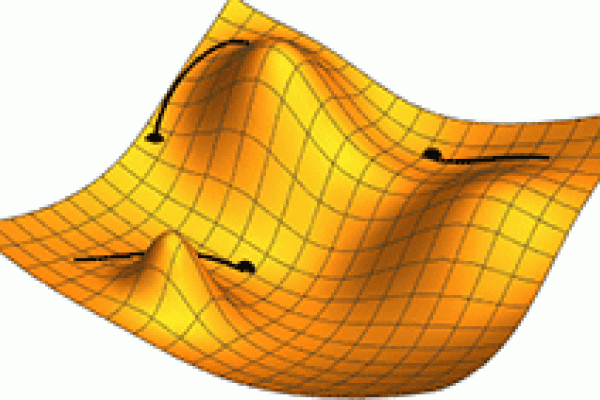
Talking about truth with ChatGPT
How confident is the Large Language Model chatbot that its answers are correct? And how confident can we be about this confidence? This article investigates.

How confident is the Large Language Model chatbot that its answers are correct? And how confident can we be about this confidence? This article investigates.

We join Maths4DL researchers for an intensive hackathon working on some of the most challenging problems posed by artificial intelligence.

To make informed decisions regarding AI politicians need to talk to the mathematicians and scientists who develop it. In this episode of Maths on the Move we report on Evidence Week, an event in Parliament that enabled mathematicians and policy makers to exchange ideas.

The type of AI currently in use is based purely on data. How much more powerful would it be if it also has access to humanity's vast knowledge of physics? Find out more in this collection of content.




Combining AI with human knowledge of physics may lead to powerful applications in a range of areas — from weather forecasting to engineering.

Yolanne Lee, A PhD student for the Maths4DL research project, tells us about what she thinks AI will be able to do in the near future, what it has to do with cats and dogs, and how music provided her first experience of science.

Groups are staples in mathematics and group theory is often described as the study of symmetry. But what does that mean? Find out with Justin Chen!

As artificial intelligence becomes increasingly important in our society, can philosophy offer us a way to explain decisions made by AI systems?

Find out how a story starting with the simple notion of counting ends in a revolutionary new way of doing maths that uses computers to harness the power of human collaboration!

Artificial intelligence algorithms are often trained on people's personal data. How can we make sure that this data remains private?




How does artificial intelligence manage to produce reliable outputs? Stochastic gradient descent has the answer!

The advent of artificial intelligence poses new threats to the privacy of our personal data. We explore the challenges and a way to address them.